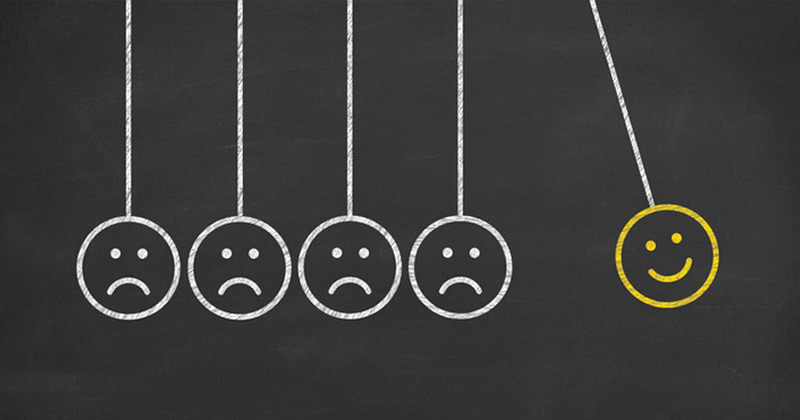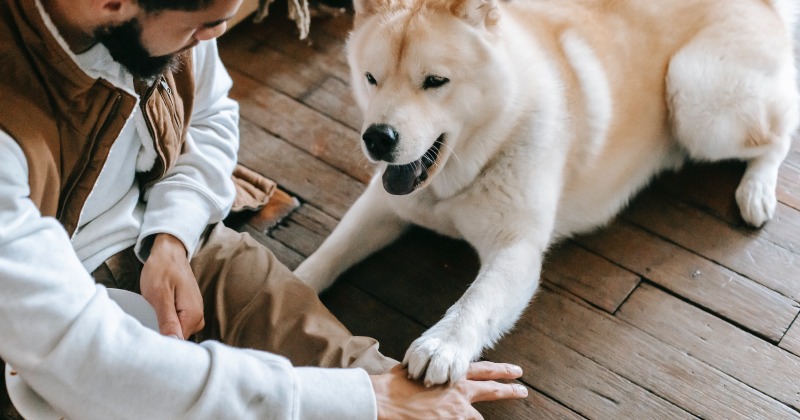From the Blog
Writings on Well-Being Dr. Rick Hanson

Meditation + Talk: How to Be Calmer . . . Now
In this weekly live meditation and talk from Dr. Rick Hanson, he focused on How to Be Calmer . . . Now.
Get these articles delivered directly to your inbox every week.
"*" indicates required fields
Changing Negative Thoughts
Unpleasant experiences are a natural part of life. And some of them have benefits. Sorrow can tenderize your heart, hardship can make you stronger, and anger can energize you to deal with mistreatment. Further, if you resist unpleasant experiences, this blocks their...
Growing Good
When something difficult or uncomfortable happens, these three ways to engage your mind give you a very useful, step-by-step sequence.
Empathy and Brain Plasticity
In this interview with Ruth Buczynski, PhD, I talk about the evolution of the brain and the development and neuroscience of empathy.
Integration of Mind and Brain
Linking of mind and brain has three important implications. First, as your mind changes, your brain changes. Your brain changes both temporarily, millisecond by millisecond, AND it changes in lasting ways because – in the famous saying of the Canadian psychologist,...
Being for Yourself
To take in the good, you have to want to help yourself. Being for yourself, not against others but on your own side, is the foundation of all practices of health, well-being, and effectiveness. Without this stance, you wouldn’t be motivated to act on your own behalf....
Intention of Renunciation
Renunciation is founded on a disenchantment with the world and with experience, based on right view. You see through all the possibilities of experience: you see their ephemeral, insubstantial, empty qualities, no matter how alluring or seemingly gratifying. You see...
Friday Favorite
Here's a fun video highlighting some key insights from the truly wonderful Fred Rogers. Enjoy!
Eat Right
Eating healthy is one way to be a good role model for your children. Good nutrition is a key part of maintaining your energy as a parent. Eating healthy helps parents stay good-humored and patient with children, even when the oatmeal starts flying.
Evolutionary Neurobiology of Shame
Have you ever scolded a dog and seen him or her look guilty? Obviously, animals do not have the elaborated textures of thoughts and feelings that humans do. But our emotions, even the most subtle ones, have their roots in our ancient evolutionary history. By...
Friday Favorite
Looks like fun, doesn't it?
Trust In Love
Love is like air. It may be hard to see – but it’s in you and all around you.
The Importance of Taking In Positive Experiences
With practice we can change our brains, and our lives, for the better.
Friday Favorite
Nature's beauty can be easily missed — but not through Louie Schwartzberg's lens. His stunning time-lapse photography, accompanied by powerful words from Benedictine monk Brother David Steindl-Rast, serves as a meditation on being grateful for every day. (Filmed at...
What is the Mind?
What is the reason for the remarkable complexity, speed, activity, and evolution of the brain? It is the mind. By “mind,” I mean the flows of information within the brain; a synonymous term is “mental activity.” Much as the function of the heart is to move blood...
Friday Favorite
I thought you might enjoy these murals adapted from my presentation on Positive Neuroplasticity at the Hudson Institute of Coaching earlier this month. They were illustrated by Nancy Turner, Graphic Recorder/Facilitator, phrases@fuse.net.
Creating a Field Guide to the Human Brain
Guest post by Randy Roark, Producer for Sounds True. I’ve recently returned from recording a new program with Rick Hanson in Corte Madera, California. I first worked with Rick and his co-author Rick Mendius in 2009, when we recorded Meditations to Change Your Brain...
Last month at the Psychotherapy Networker Symposium in Washington DC, I gave a talk to ~ 3500 people: scary but wonderful! Brain Science and Psychotherapy: The Next Step – looked at the benefits and pitfalls of brain science, plus focused on a key point: if we don’t take the time to install our useful experiences, they’re wasted on the brain; they’re momentarily pleasant but lead to no learning, no healing, no growth. Then I summarized HOW to turn passing experiences into lasting value.
Focusing on the Positive
Q: If you focus on the positive for long enough, does it actually make your brain more receptive to doing that? Turn it into “velcro” for happiness, to use your expression? A: Research shows that repeated practice of any positive behavior (e.g., gratitude) will...
Intention of Non-Ill Will
Here we give up angry, punishing reactions toward others, animals, plants, and things. If such attitudes arise, we resolve not to feed them, and to cut them off as fast as we can. The Buddha placed great stress on the importance of releasing ill will. In the extreme,...
Key Points of Letting Go
"Let go a little, you'll have a little happiness. Let go completely, you'll be completely happy." Letting Go of Body Sensations Ordinary breathing, focusing on exhalation, intending to let go. Diaphragm breathing. Breath of fire. Heartmath: Breathing evenly through...
Is the “Self” Real?
Is the “Self” real? What’s the nature of the sense of being that remains when parts of the psyche fall away? The answer depends on how you define “Self.” I use that word to refer to the central “I” that’s presumed in Western psychology and philosophy (and everyday...





